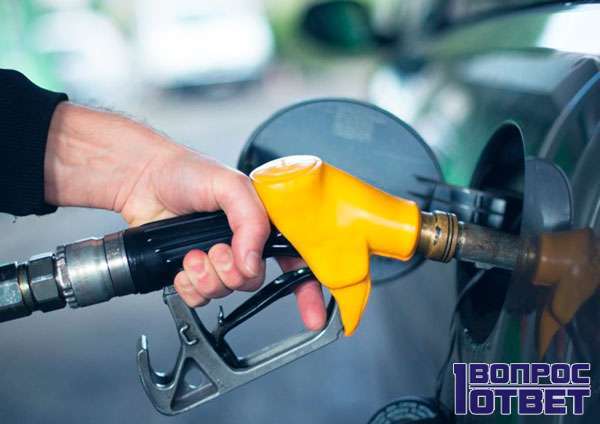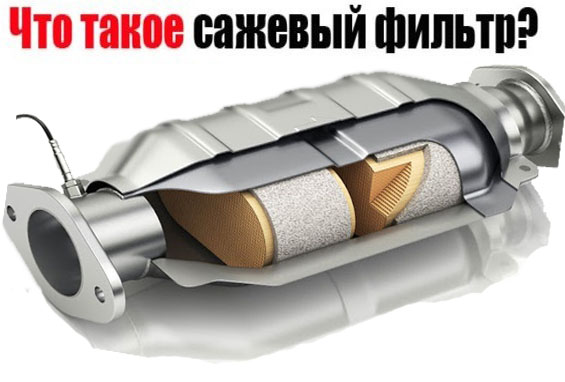
Pouring gasoline into a diesel - how to prevent a malfunction? What about a common rail motor?
Content
Especially in the case of diesel units, it is easy to make a mistake - the tip of the gas distributor (pistol) has a smaller diameter, which makes it easier to enter the filler neck in a car with a diesel engine. Therefore, pouring gasoline into a diesel occurs much more often than mistakes vice versa. Luckily, this doesn't have to end up damaging the drive.
Pouring gasoline into a diesel - what are the consequences?
As the experience of many users, as well as independent tests, shows, the wrong fuel in the tank does not necessarily result in diesel failure. If you realized your mistake in time and just poured a small amount of the wrong fuel into the tank (up to 20% of the fuel tank volume), it will probably be enough to fill in the oil and observe the operation of the engine. Older engines should be fine to burn a small amount of gasoline, and some drivers add a mixture of gasoline in the winter to make starting easier and improve filter performance in cold weather. Unfortunately, the situation looks a little worse if you have a modern unit or a full tank.
Will refueling damage the common rail engine?
Unfortunately, modern units equipped with a common rail fuel system are not as resistant to fuel intended for a gasoline engine. The moving parts of the nozzle use diesel oil as a lubricant, which has completely different properties than gasoline. If you fill in too little gasoline, the injectors will lose their calibration and, as a result, will stop working properly. They can get stuck in the open or closed position, and then repair costs start to rise very quickly. The worst situation is when, as a result of injection jamming, the engine starts to work, which can not only disable the unit, but also contribute to a traffic accident.
Gasoline was poured into a diesel - what to do in case of an error?
First, stay calm. If you've only filled up a little and are driving a simpler car, such as one equipped with a rotary or in-line pump, or even pump injectors, it's probably enough to fill up with the right fuel, or as advised by old mechanics. , add some oil designed for two-stroke engines. It is worth listening while driving for the first symptoms of detonation, although most modern cars have sensors that will warn the computer in time and prevent further driving. If you have filled a full tank, remember that nothing terrible will happen before starting the engine. Therefore, do not hesitate to call a mechanic or pump out gasoline yourself.
Wrong fuel and more advanced diesel power system
In more modern cars, driving a car on a mixture of gasoline and diesel is out of the question. All fuel must be removed from the tank as soon as possible - and before starting the engine! If a professional can't come to you, don't go to him! A much better solution would be to transport the vehicle on a tow truck or even push the car. Even a short trip on a mixture of both types of fuel can result in breakdowns, the repair of which will cost several thousand zlotys, and these are expenses that can really be avoided. Alternatively, you can try to drain the fuel from the tank yourself.
I have already started the car - what should I do?
If you only realized this when you refueled with the wrong fuel, turn off the engine as soon as possible. Perhaps there were no serious damage yet. You will have to pump out the wrong fuel from the entire fuel system - not only from the tank, but also from the fuel lines, replace the fuel filter, and you may also need computer diagnostics and resetting injection maps. However, if you decide to continue driving, other elements are likely to be damaged - the catalyst, injection pump, injectors or the engine itself, and repairs can cost up to several thousand zlotys. So it pays to react quickly.
Pouring gasoline into a diesel is one of the most common mistakes at a gas station. How you react will determine whether your engine remains unscathed or suffers severe damage.
